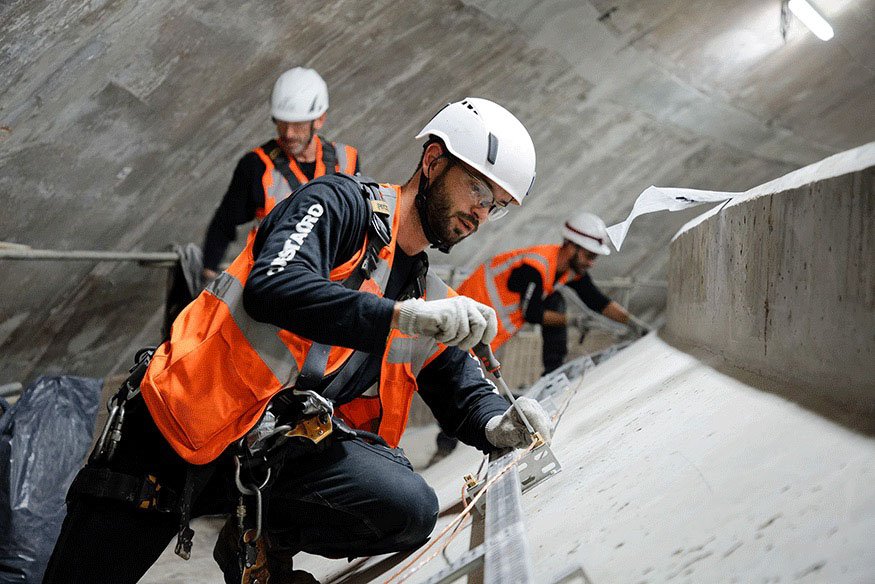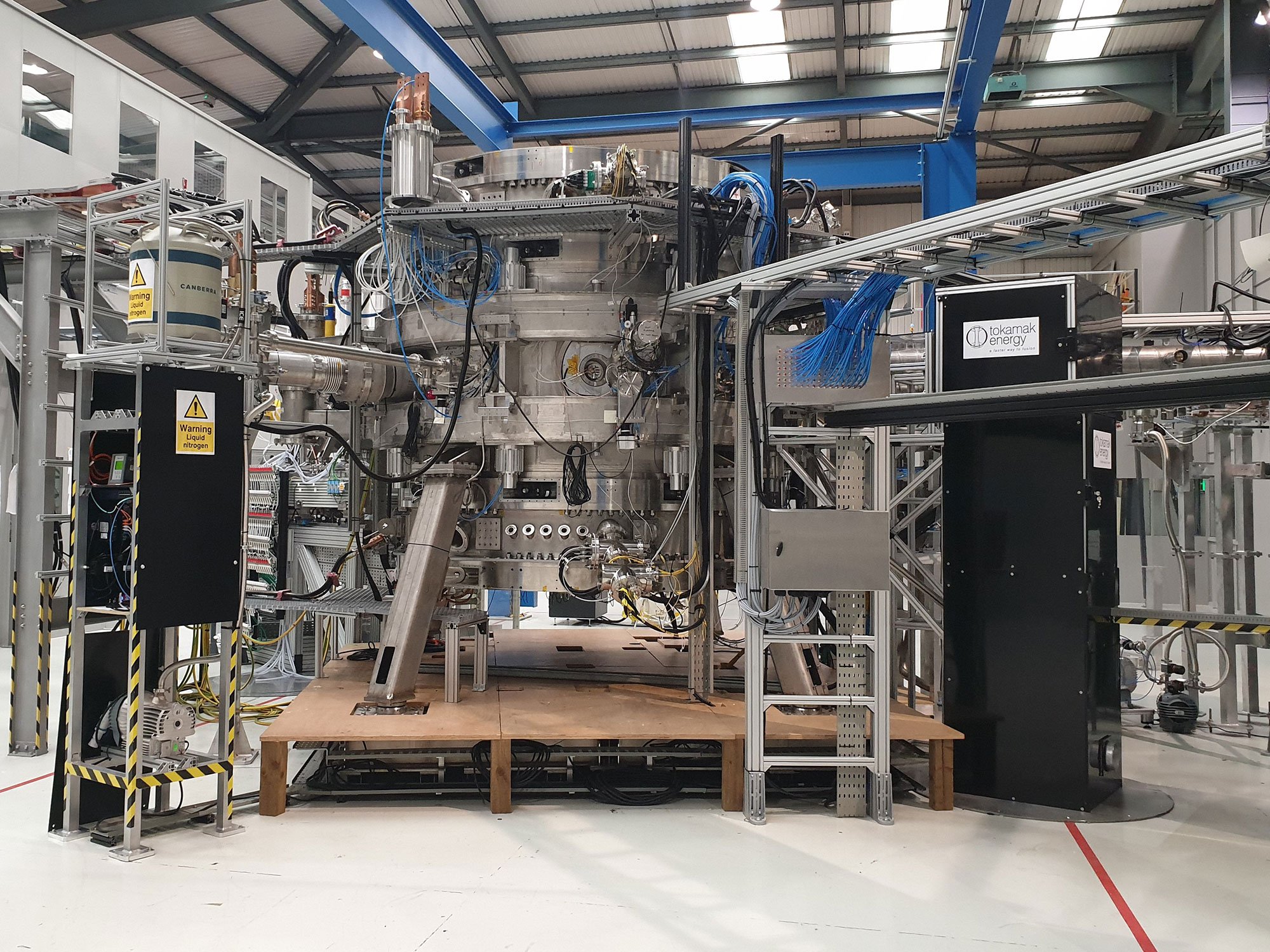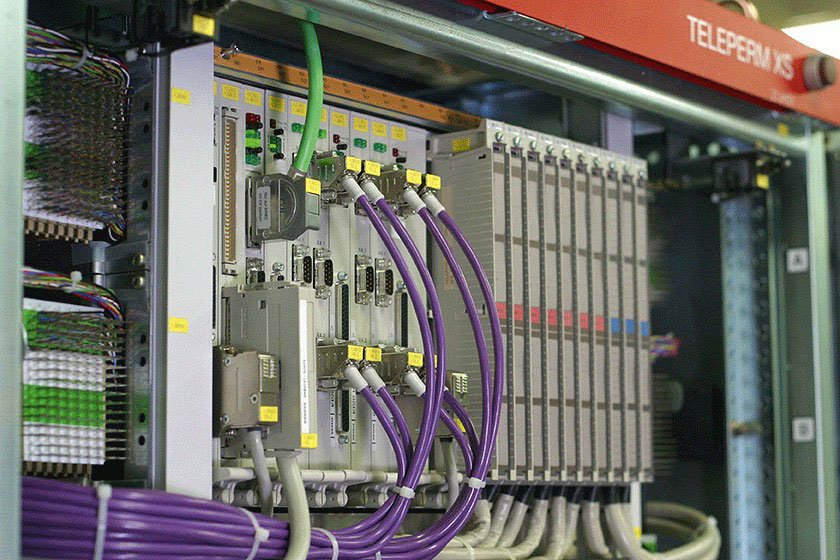Why study Nuclear Energy
Many governments around the world are realising that, as well as de-carbonising their energy systems, the stability, security and cost of energy supply are issues rising up their agendas.
Renewables have made rapid progress in deployment but they currently require fossil-fuelled back-up and sustained, grid-level storage is a long way off. Their continued roll-out to increased demand share when renewable inputs are high creates problems for under-used and therefore uneconomic back-up systems. This leads to extremes of pricing in a liberalised energy market when renewable inputs are low.
Nuclear energy systems provide solutions to reliable base-load power with existing technology and capacity factors over 90%, and a stable output that can keep prices low. The high energy density of the fuel means decades of fuel requirement may be prepared and stored to avoid global shortages resulting from a changing geo-political environment.
New reactor concepts are being developed to provide process heat for hard to decarbonise (non-electricity) applications in industry and to provide energy for the creation of synthetic fuels and hydrogen.
Teaching at Cambridge
The teaching offer at Cambridge ranges from 3rd and 4th Year undergraduate modules in Engineering (4M16 Nuclear Power Engineering), 4I10 Nuclear Reactor Engineering), Physics (Nuclear Physics), and Materials Science and Earth Sciences (M17 Nuclear Materials) to a Masters in Nuclear Energy (NE MPhil) and a PhD in Nuclear Energy Futures.






